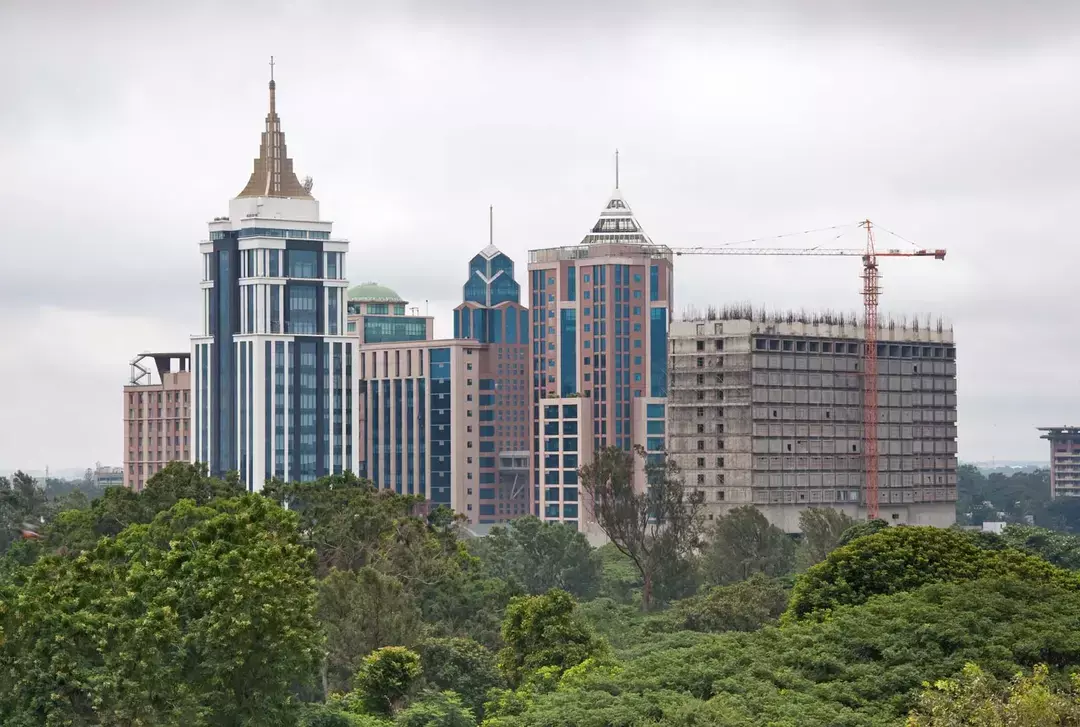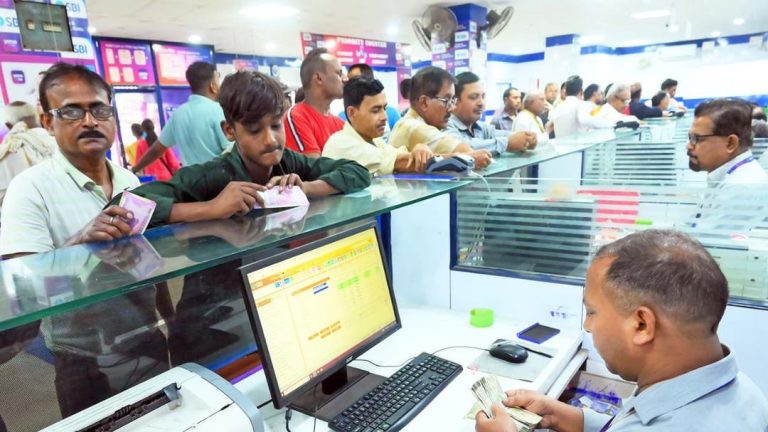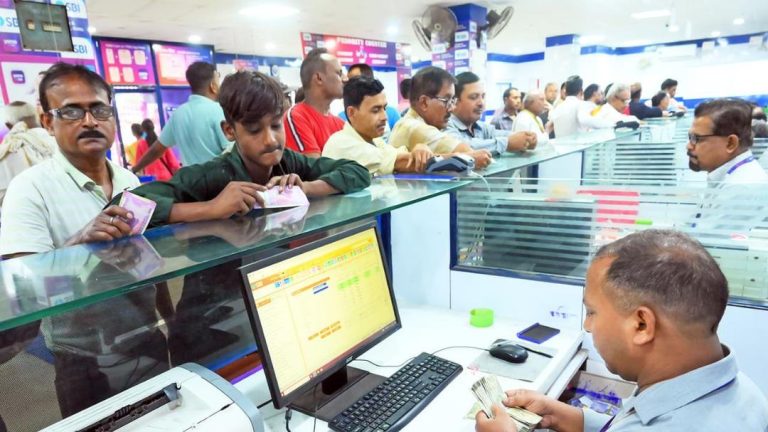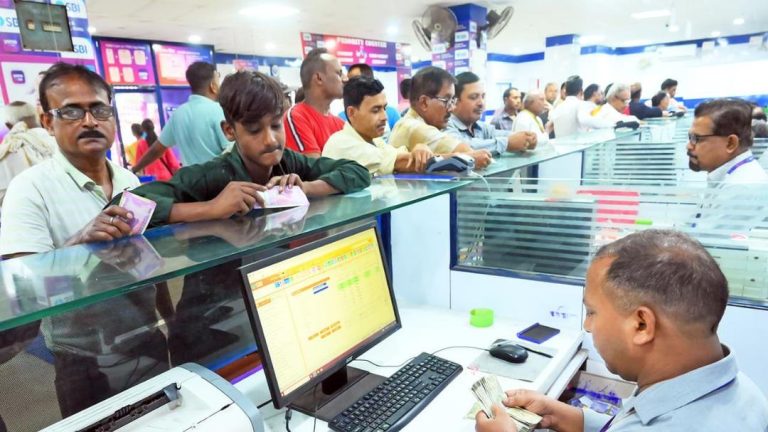
₹1,000 cr quantum tech hub plan unveiled in Karnataka
Karnataka, a state in southern India, has set its sights on becoming Asia’s “Quantum Capital” by 2035. To achieve this ambitious goal, the state government has unveiled a ₹1,000 crore plan to establish a futuristic quantum technology hub, anchored around a Q-City near Bengaluru. The mission is designed to create a robust ecosystem that fosters innovation, research, and entrepreneurship in the field of quantum technology.
The Q-City, which is expected to be built in the next five years, will serve as the nerve center of Karnataka’s quantum technology initiatives. The city will be designed to accommodate a range of facilities, including a Quantum Hardware Park, startup incubators, research centers, and chip-making facilities. The Quantum Hardware Park will be a state-of-the-art facility that will focus on the development of quantum computing hardware, including quantum processors, memories, and sensors.
As part of the plan, the state government has announced plans to support over 100 startups that are working on quantum technology projects. These startups will be provided with a range of benefits, including funding, mentorship, and access to state-of-the-art infrastructure. The government has also announced plans to provide 150 PhD fellowships to students who wish to pursue research in quantum technology.
The Karnataka government is not only investing in its own research and development capabilities but also partnering with global organizations to leverage their expertise and resources. The state has already signed partnerships with leading research institutions and companies from around the world, including the Indian Institute of Science, the University of Cambridge, and IBM.
One of the key goals of the quantum technology hub is to create a large number of jobs in the sector. The state government hopes to create over 2 lakh jobs in the quantum technology sector by 2035, making it one of the largest employers in the state. The hub is also expected to attract significant investments from global companies, leading to a multiplier effect on the state’s economy.
The quantum technology hub is expected to have a range of applications across various industries, including healthcare, finance, and manufacturing. For instance, quantum computing can be used to develop new medicines, optimize supply chains, and simulate complex systems. The hub’s research focus areas will include quantum computing, quantum communication, and quantum cryptography.
The Karnataka government has also announced plans to establish a range of facilities that will support the growth of the quantum technology sector. These facilities will include a quantum computing center, a quantum communication center, and a quantum cryptography center. The state government has also announced plans to establish a Quantum Technology Forum, which will serve as a platform for industry stakeholders, researchers, and policymakers to discuss the latest developments in the field.
The quantum technology hub is expected to play a key role in India’s tech future. The country has been making significant investments in quantum technology research and development in recent years, and the hub is expected to be a major driver of this growth. The hub’s focus on innovation, research, and entrepreneurship is expected to create a critical mass of talent and expertise in the field, making India a major player in the global quantum technology landscape.
In conclusion, Karnataka’s ₹1,000 crore quantum technology hub plan is a bold and ambitious initiative that has the potential to transform the state into Asia’s “Quantum Capital” by 2035. With its focus on innovation, research, and entrepreneurship, the hub is expected to create a critical mass of talent and expertise in the field, making India a major player in the global quantum technology landscape. The hub’s applications across various industries will create a range of job opportunities, making it a major driver of economic growth in the state.
Source: https://ascendants.in/business-stories/karnataka-quantum-city-investment-2025/



